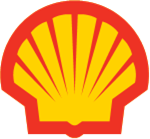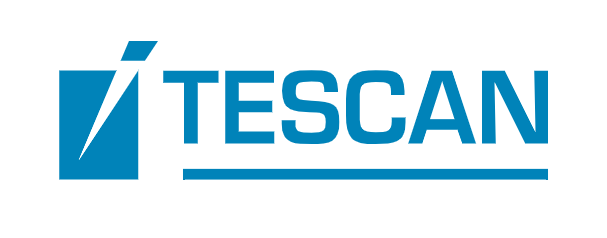Speaker
Description
In this work, a coupled finite element method based on porous media theory (TPM), see e.g. [1] [2], for direct modeling of the phase transition of ice and water is presented. In detail, the presented model investigates ice deformation, temperature evolution, and the evolution of energy, enthalpy, and mass exchanges between its constituents. The main idea is based on a theoretically motivated evolution equation for the phase transition of ice and water, which guarantees thermodynamic consistency and is mainly determined by the local temperature rate, see e.g. [3], where it is assumed that the local temperatures of the phases are equal. The resulting finite element is a four-field formulation in terms of ice displacements, fluid pressure, volume fraction of ice, and temperature. Here, we use quadratic interpolation of the ice displacements and linear interpolation for the other degrees of freedom. The model is investigated in the context of first academic simulations of freezing processes of ice floes.
References
[1] R.M. Bowen. Incompressible porous media models by use of the theory of mixtures. International Journal of Engineering Sciences 18:1129-1148, 1980.
[2] R.M. Bowen. Compressible porous media models by use of the theory of mixtures. International Journal of Engineering Sciences 20:697-735, 1982.
[3] O. Coussy, Poromechanics of freezing materials, Journal of the Mechanics and Physics of Solids 53:1689-1718, 2005.
| Time Block Preference | Time Block B (14:00-17:00 CET) |
|---|---|
| Acceptance of Terms and Conditions | Click here to agree |
| Newsletter | I do not want to receive the InterPore newsletter |






